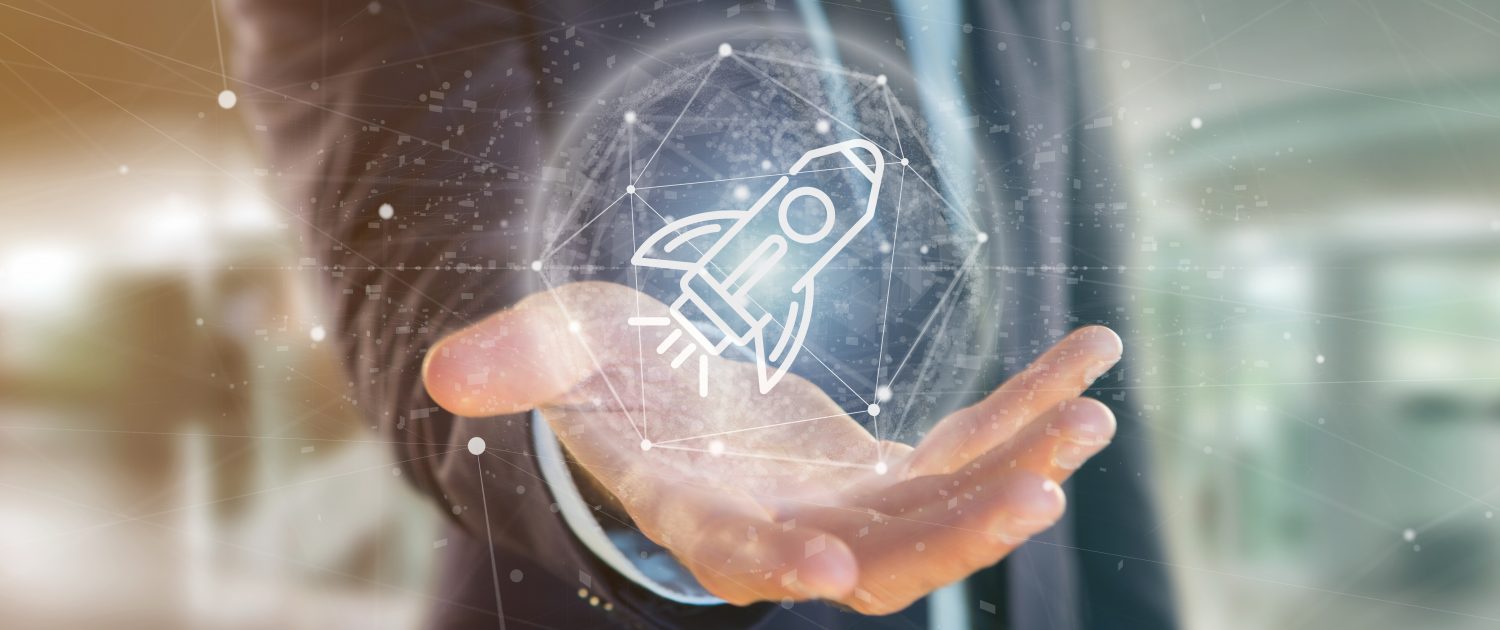Tech Ecosystems and their impact on small business
The COVID-19 pandemic has changed a lot of things in a short period. Most long-term digital strategies employed by successful companies have been thrown out of the window. And while adaptive managers have applied temporary band-aids — taking your company to the next level will require a more strategic, long-term shift.
Even if the future of business is not entirely remote, one thing is becoming clear — it’s definitely hybrid. The successful companies of the future will rely on tech ecosystems that use cloud-based services to enhance and automate their business operations — and that future is already here.

Adopting Multi-Factor Authentication
The interconnectedness of today’s economy brings many benefits — but also added risks. For example, ransomware is becoming a more significant issue than ever, with attackers exploiting every human error and security leak while gaining access to valuable company data. In light of that, implementing the appropriate security measures is essential.
For instance, adopting multi-factor authentication severely reduces the risks of unauthorized access of malicious actors to company files. And you can accomplish that with just a few additional identification steps for your employees.
Migrating to the Cloud
Finding cloud-based SaaS solutions for your company has never been easier. However, migrating to tech ecosystems that depend on cloud technology also requires heightened security measures.
Software that spans the globe requires more than the case-by-case security solutions of old. Constant monitoring is necessary for core issues to be quickly resolved. These days, MSPs provide an array of cloud monitoring services — from agent-based to regional monitoring of a company’s virtual spaces. If you want to keep up with a rapidly-shifting cloud environment, functional and agile cloud monitoring is necessary.
Upskilling Your Workforce
As companies move towards hybrid workplaces and rely on tech ecosystems more and more, providing the right software solutions stops being enough. Even with the ever-increasing automation, the human element is still crucial in every company on Earth, which is why remote workers in hybrid workplaces will require advanced training for their new style of work.
In a remote setting, it’s more difficult to learn things “unofficially” — something people pick up from more experienced colleagues in casual lunch conversations, for example. That’s why companies must ensure that their teams can keep pace with the rapidly-changing and tech-infused workplaces.

Creating a Culture of Cybersecurity
Cybersecurity is no longer a break-and-fix service. Instead, the constant threat of malicious hackers and ransomware attackers requires continuous maintenance. And while relying on the right MSPs for those services is a part of that — the company culture within your organization will have to change as well.
Employees with poor cybersecurity habits are the easiest way for hackers to gain access to the company itself. With that in mind, fostering a culture that revolves around cybersecurity is crucial — making it a shared responsibility and a part of the collective mindset.
This will not only bring better security in the short term but long-term peace of mind as well — allowing you to focus on filling your other business needs in an evolving tech ecosystem.
If you need help creating a strong plan, we’re here for you. Contact us for information about cybersecurity and backup plans today!

